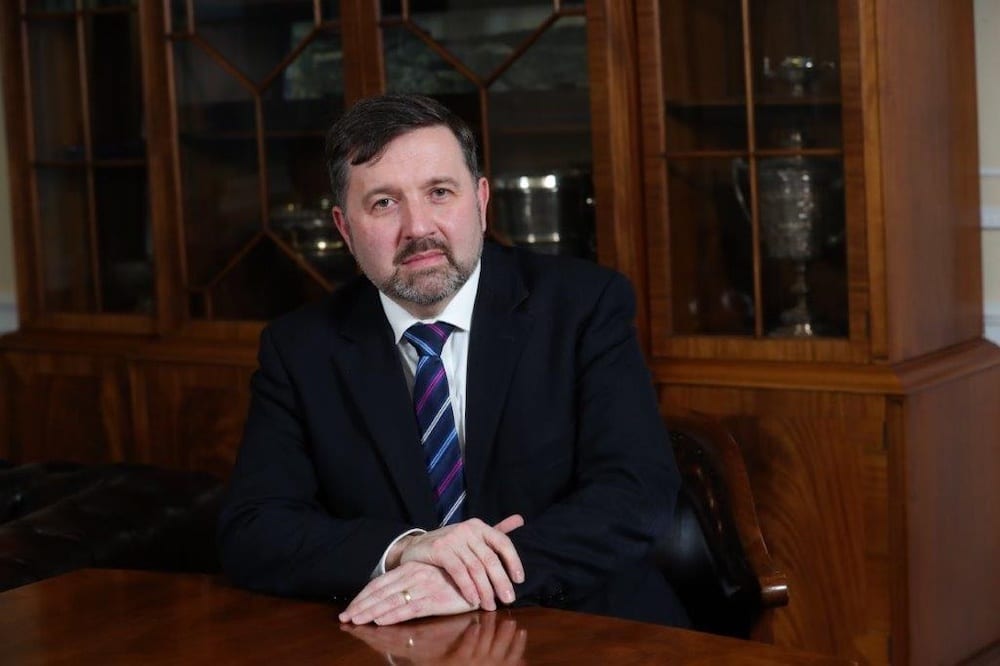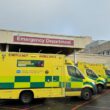
There have been five further Covid-related deaths reported by the Department of Health today (Wednesday).
Four of those deaths occurred in the last 24 hours, with the other just outside that timeframe, according to the official dashboard, which has the overall total now at 629.
There were a further 1,039 cases reported in that timeframe, with 68 in Armagh, Banbridge and Craigavon, and a further 74 in Newry, Mourne and Down.
A total of 4,889 individuals were tested.
There are 289 people now in hospital – up 3 from Tuesday – as a result of the virus, 32 of whom are in intensive care units.
Fifty-six patients are in Craigavon Area Hospital today – one less than yesterday. To date, 379 patients have been discharged from the Co. Armagh hospital.
WhatsApp: Don’t miss a headline with our daily WhatsApp round-up and breaking news service – message ‘news’ to 07938050001.
Meanwhile, public debate on measures to combat the growth of Covid-19 is essential, Health Minister Robin Swann has made clear.
The Minister said the “evidence bank” published on Tuesday by his Department would continue to be updated.
“A large of number of documents have been made available and they should be considered in their totality.
“I understand the focus on one particular document – the September 24 paper which set out potential options for the NI Executive. This was actually a summary of SAGE evidence which had already been placed in the public domain.
“It would be unfortunate if the content and context of this September 24 paper was misrepresented. For the record, it uses the word anecdotal just once.
“What it does starkly illustrate is that there are extremely difficult choices to be made when introducing restrictions. There are uncertainties with every option, and costs to individuals, communities and the economy.
“An alternative to the Executive’s time-limited, targeted approach to restrictions would be a return to full lockdown. I don’t believe any of us want that.
“Debate is essential and I freely admit that there are no easy or good answers. What we have to find are the least worst options.
“What is undoubtedly true is that taking no action is not an option. Avoiding hard decisions on restrictions and letting the virus spread unchecked would be catastrophic for many people – as well as for our health service and indeed the economy.”
Chief Scientific Advisor Professor Ian Young said: “There are emerging indications that the restrictions introduced by the Executive in the Derry City and Strabane council area are helping to push down transmission levels.
“We know from experience across these islands and internationally that reducing contacts between people reduces the spread of Covid-19.
“Our objective is to get the R rate for Northern Ireland down by 0.5. There is no simple or single intervention which will do this, and the cumulative impact of a range of different restrictions – however limited by themselves – is the only way we can achieve this objective.
“The reality is that we have limited levers available. A reduction of 0.05 may seem small by itself, but an R of 0.98, as opposed to 1.03, will ensure that cases will decline and pressures on hospitals will reduce. The impact of that over the course of a few weeks will likely be hundreds of cases. So even these small numbers, particularly when R is close to one, can make an enormous difference.
“Targeting specific sectors where risk of transmission is greater involves difficult choices and finely balanced choices. It should not be seen as blaming business owners for the situation.”


